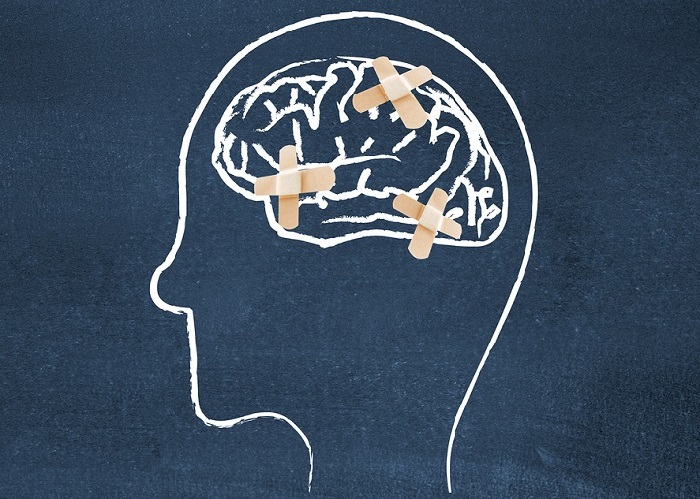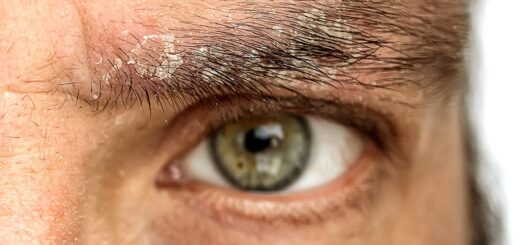The defense mechanisms of the ego, unconscious strategies
Humans possess the brain more developed system of the Earth, and any other known species. Our brain directs both our physical and psychological processes, and most of them do fully automatically and unconsciously.
The so-called “defense mechanisms I” are strategies we use without realizing it, whose function is to preserve our self-image and intimacy. They are like a control mechanism to stimuli that the same psyche is able to repress. These mechanisms are unconscious ways in which the human being so that the circumstances of frustration and conflict prevail “repressed”, thereby reducing anxiety and aggression that can produce us.
Sigmund Freud first described defense mechanisms, but it was his daughter Anna Freud who delved into them performing a first classification.
According to psychology, the defense mechanisms can be classified according to four criteria: Narcissistic, neurotic, immature and mature.
Narcissists mechanisms
- Projection: Consists award to someone else, repressed impulses or mistakes. Thus, the individual does not identify them as their own and if you do not see reflected in others.
- Disclaimer: This is directly deny or dis-confirm a reality that is obvious.
- Distortion: The fact qualities attributed exaggerated or distorted to oneself or others, but we are real.
You may also like to read another article on AnxietyReduction: Break bad habits mindfully: Learn to make good choices
Neurotic mechanisms
- Control: The need to avoid at all costs any environmental change and / or staff.
- Emotional isolation: It is a dissociation between cognitive or rational elements and emotional.
- Rationalization: This involves offering explanations (supposedly rational) to justify oneself.
- Dissociation: The symptoms where unacceptable items are removed from the self-image or denied by our consciousness.
- Reactive Training: This is the replacement of behaviors, thoughts or feelings that are unacceptable by other diametrically opposed.
- Repression: It consists in driving awareness of thoughts and desires that do not please us and cause us pain.
- Intellectualization: The disconnection of the emotions from reason or intellect.
Immature mechanisms
- Regression: This is escapist back in time, returning and overcome habits that cause us assurance and satisfaction, because of conflicts that are believed not to overcome.
- Hypochondriacal: The deployment of fantasies about the idea of having contracted a disease without any basis.
- Fantasy: Consists of the idealized mental construction of a person or situation that compensates for a contrary reality.
- Somatization: The expression through a physiological response (pain, disease), something that hurts us emotionally.
- Passive aggressive behavior: This is displaying aggressive covert or hidden.
- Impulsive behavior: This mechanism prevents the person stops to think about the issues and motivations of their behavior.
Mature mechanisms
- Sublimation: The channeling of desires for a different activity.
- Suppression: Here the person intentionally avoids facing or thinking problems, desires and experiences that give discomfort.
- Asceticism: The voluntary withdrawal of the situations that produce joy.
- Humor: This is used sarcasm and irony address the problems.
You may also like to read another article on AnxietyReduction: Insomnia: What to do when you can not sleep?
Defense mechanisms are strategies to curb the discomfort of certain experiences and feelings associated with them. In some cases, these defensive strategies I used to guarantee survival. For example, how can a child of two or three years has lost mother deal with emotions? If the child was not able to stop their emotional pain through some sort of defense mechanism probably it goes into a depressive risk.
Our brain seems to have developed various ways to protect our body from what it seems too painful or unacceptable. It is like when we stop breathing when entering a manure pit, or when we hear to a loud noise, or close our eyes suddenly avoiding a strong flash of light. Similarly, in various ways we protect our emotionality face the unpleasant, like when we fail to recognize some aspect of ourselves that we dislike or break the self-concept that we had created.
But due to the automation of these defense mechanisms, it is difficult to quit use, although in return we generate imbalance in certain maturational aspects. It is like saying: “Out of sight out of mind”. The question is, at what price?














